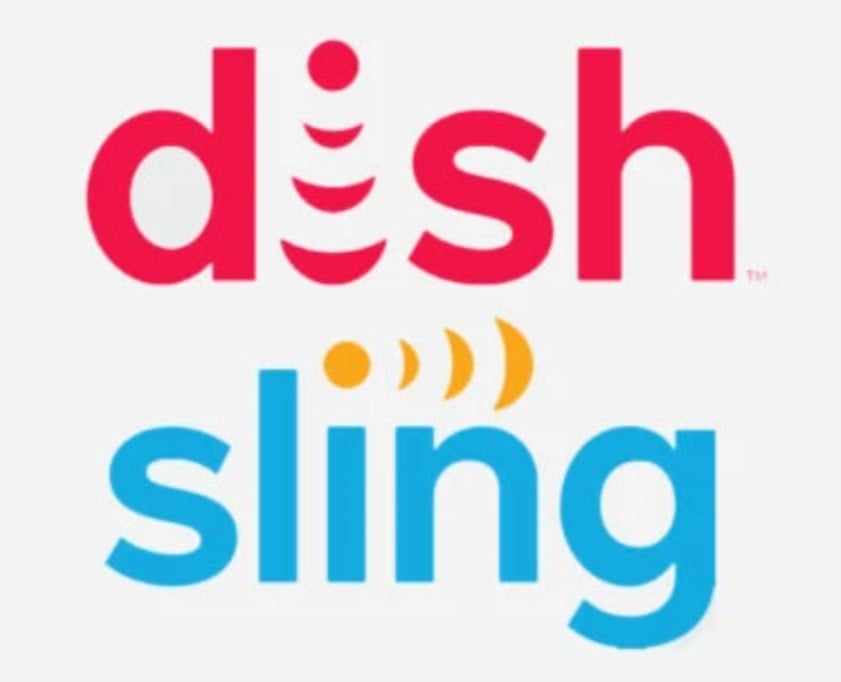
Some of the nation's biggest 5G network operators agree that there should be limits on the amount of spectrum any one player can accumulate. But they differ dramatically on the details.
"The commission's current spectrum holdings policies and rules are unquestionably out of date and in need of reform," wrote T-Mobile in a recent filing to the FCC.
However, the company argued that putting strict limits on the amount of spectrum that any one company can own is difficult in the technologically advanced 5G era.
"The emergence of fixed wireless service offerings that depend on large spectrum holdings to compete with wired broadband providers is just one example of how the fundamental assumptions underlying the use of spectrum screens are no longer valid," T-Mobile wrote.
Indeed, T-Mobile just this week reported a total of 557,000 new fixed wireless access (FWA) customers, a figure above most analysts' expectations and slightly ahead of the company's recent quarterly pace. The gains bring the company's total FWA customer base to 4.2 million.
Instead, T-Mobile argued, the FCC should only create limits on the amount of spectrum any one company can purchase in an agency spectrum auction.
"Upfront limits are the most effective way to ensure robust auction participation and fast, efficient licensing to put auctioned spectrum to use for consumers," T-Mobile said.
But Dish Network, which is building a fourth nationwide 5G network, has different ideas.
"The commission should establish a national screen of 25%," Dish told the FCC. "Such a screen is consistent with the objective of a mobile voice and broadband market with at least four nationwide carriers. Exceedance of that screen should not only justify heightened review; it should create a rebuttable presumption of denial of any transaction that results in (or starts from) such an exceedance."
Screens and limits
The FCC first introduced its spectrum screen in 2004 to prevent wireless network operators from gobbling up all the market's available spectrum, thereby blocking rivals from acquiring it. The screen is generally triggered when any one company acquires more than one-third of the total suitable and available spectrum for commercial services in a given market.
The agency subsequently tweaked the screen, first in 2014 to specifically target spectrum below 1GHz and then again in 2016 to carve out rules designed for millimeter wave (mmWave) spectrum bands, generally those above 20GHz.
Now, the FCC has agreed to consider an AT&T proposal to update its screen to develop specific rules regarding midband spectrum, which sits between 2.5GHz and 6GHz. Such spectrum is often considered ideal for 5G.
AT&T's proposal stems from the midband spectrum T-Mobile has accumulated through its purchase of Sprint and its subsequent spectrum shopping spree.
"T-Mobile's spectrum strategy – i.e., accumulating an outsized share of a key scarce input that it has no current plans to deploy, thus denying it to rivals and raising their costs – is a classic example of anticompetitive foreclosure," AT&T argued.
Jostling for position
But each company urged the FCC to craft new rules that would be in line with its existing business. For example, in the same filing AT&T argued the FCC should rescind the in-band spectrum cap on 3.45GHz spectrum. Not surprisingly, AT&T was the big winner in the FCC's recent auction of 3.45GHz spectrum.
Similarly, Dish specifically said the commission should limit 600MHz spectrum ownership to three 10MHz channel blocks. That's not a surprise considering the company is working to prevent T-Mobile from buying more 600MHz spectrum from the likes of Columbia Capital and Comcast.
Dish also said the commission should impose limits across any transaction involving spectrum – a proposal that would position the FCC to potentially strip away operators' existing spectrum holdings if they seek to purchase more spectrum.
T-Mobile offered a much different view. The company said the FCC should set limits on the amount of spectrum available in an auction, but added that the agency should review other spectrum purchases "only by a realistic threat of foreclosure shown through specific evidence."
T-Mobile currently enjoys a commanding lead in overall spectrum ownership below 6GHz, according to the financial analysts at Raymond James. They recently estimated that T-Mobile owns just over 350MHz overall, well ahead of the 300MHz owned by AT&T and Verizon. Dish is in a distant fourth place.
Verizon did not submit comments on the FCC's spectrum screen proceeding.
Beyond limits
Other entities besides the mobile operators also filed comments on the topic with the FCC. For example, Public Knowledge and the Open Technology Institute – two public-interest organizations – wrote that the FCC should impose a "hard cap" on spectrum ownership, which should be weighted to address the different characteristics of different spectrum bands.
But the groups stopped short of supporting AT&T's proposal.
"The AT&T proposal is, unsurprisingly, designed to advantage AT&T by limiting T-Mobile (and to a lesser degree Verizon) from acquiring midband spectrum without conferring any significant advantage to other competitors or potential new entrants," they wrote. "This would simply entrench the Big Three even further, the exact opposite of the purpose of spectrum aggregation rules."
Meanwhile, the NCTA trade association used its filing on the topic to urge the commission to deploy more shared spectrum.
And the Competitive Carriers Association (CCA) – which primarily represents smaller and regional wireless network operators – argued that a spectrum screen wasn't as important as releasing more spectrum for operators in general.
"Adopting measures that may inhibit or delay the efficient auctioning, licensing and deployment of new spectrum – which as set forth below, would be the case for some of AT&T's proposals – would be contrary to the public interest and likely constrain the 5G deployments so necessary for competition and the American economy," the CCA wrote in its filing.
"dish" - Google News
October 26, 2023 at 11:00PM
https://ift.tt/PENqkfU
AT&T, Dish, T-Mobile bicker over limits on spectrum ownership - AT&T, Dish, T-Mobile bicker over limits on spectrum ... - Light Reading
"dish" - Google News
https://ift.tt/1ncfkPA

No comments:
Post a Comment